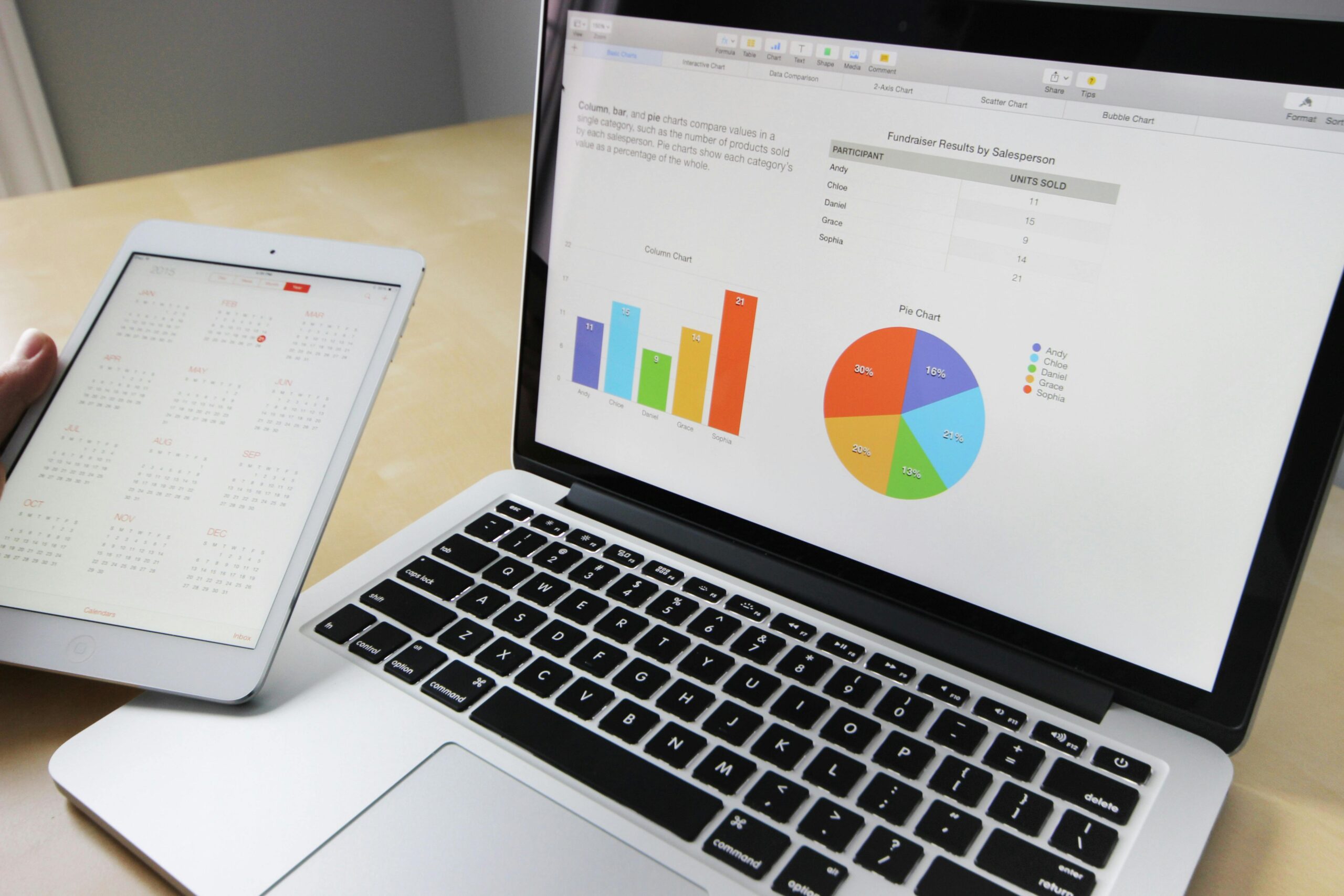Change is a universal constant, especially in the era of digitization where every sector is constantly evolving. Commerce, an essential subset of society, has also not been left untouched. Digital transformation has maneuvered its way into the domain of commerce, thereby reshaping commercial activities in unprecedented ways.
The E-Commerce Revolution
The advent of technology has given birth to e-commerce, thus enabling consumers and vendors to interact without any geographical limitations. Websites such as Amazon offer an extensive range of products to customers from around the world. Furthermore, if you’re interested in keeping up with the latest news on e-commerce trends, Commerce Chronicle is a great resource. Looking at the success and rise of e-commerce giants, it is safe to predict more widespread adoption in years to come.
Riding the Mobile Commerce Wave
Mobile commerce or m-commerce is yet another byproduct of technological advances. It allows customers to shop using their smartphones at any time and from anywhere. The increased use of mobile devices combined with the convenience they offer makes m-commerce a rapidly growing trend within modern commerce.
Artificial Intelligence (AI) and Machine Learning (ML)
AI-powered systems are helping businesses personalize their offerings, predict market trends and ensure smooth customer service operations. Similarly, ML aids businesses in accurately forecasting consumer behavior patterns, leading to increased sales.
Blockchain Technology
Blockchain’s decentralized record-keeping model offers tremendous potential for streamlined transactions in business-to-business commerce. Its core features including transparency, security, and decentralization make blockchain a promising innovation for modern commerce.
Social Media Commerce
Social media has grown beyond just connecting people to becoming a powerful platform for business. Companies are integrating commerce functionality into social media platforms to increase visibility and drive sales.
Cryptocurrency and Commerce
Cryptocurrencies, especially Bitcoin, are leaving an indelible mark on modern commerce. More vendors are now accepting this digital currency, making it a promising addition to the retail and e-commerce sectors.
Internet of Things (IoT) in Retail
Iot technology promises transformative potential for commerce, enhancing everything from personalization to supply chain management. Its adoption is already reshaping the logistics, retail, and manufacturing sectors.
Augmented Reality (AR) in Shopping
AR allows consumers to virtually engage with products before purchasing them. Many retailers have introduced AR tools on their online platforms, enhancing customer experience by providing a more interactive shopping journey.
The Role of Data Analysis
Data analysis has become pivotal for businesses aiming to make informed decisions based on market trends. Advanced analytics help companies understand customer behavior, optimize operations and predict market trends.
Speech Recognition Technology
Voice-based technologies like Amazon’s Alexa or Google Assistant are influencing consumer behavior as voice commands can now be used to search for products or even make purchases online.
Personalized Marketing Strategies
Digital platforms have revolutionized marketing strategies by enabling businesses with tools that support personalized communication. Tailored advertisements of products based on consumer interests have led to increased customer engagement and loyalty.
Cloud-Based Applications
Cloud computing has simplified business operations by offering scalable infrastructure solutions. Businesses can effortlessly manage data and applications via cloud services, resulting in faster responses and enhanced productivity.
A look into the Future
The integration of technology into commerce is not just a passing fad but an ongoing revolution. Future developments, such as the advent of 5G and advancements in data science, are expected to further change the landscape of modern commerce.
Summing Up
Technological changes have upended traditional, physical barriers of commerce, completely reshaping it. From e-commerce platforms to innovations like blockchain and AI, technology is at the forefront of this evolution. As the trends discussed above indicate, the future promises even more transformative potential for commerce through technology.

